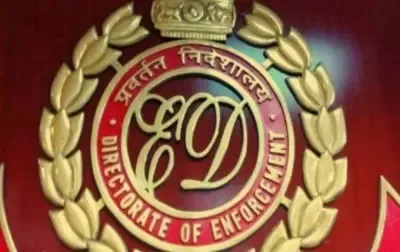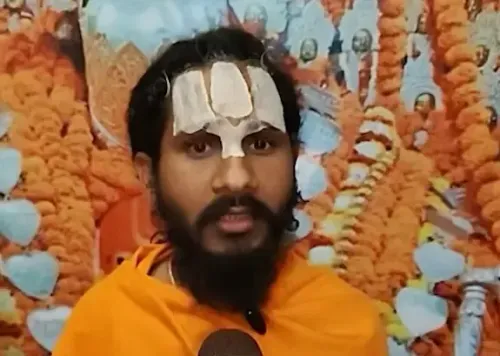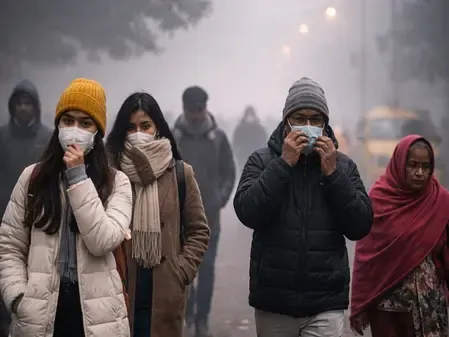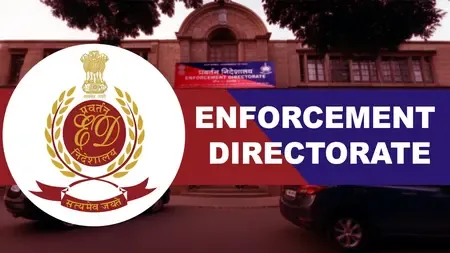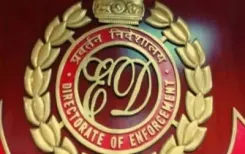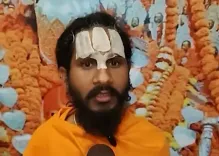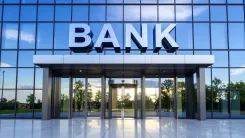How is Jaishankar Calling BRICS to Safeguard Global Trade?
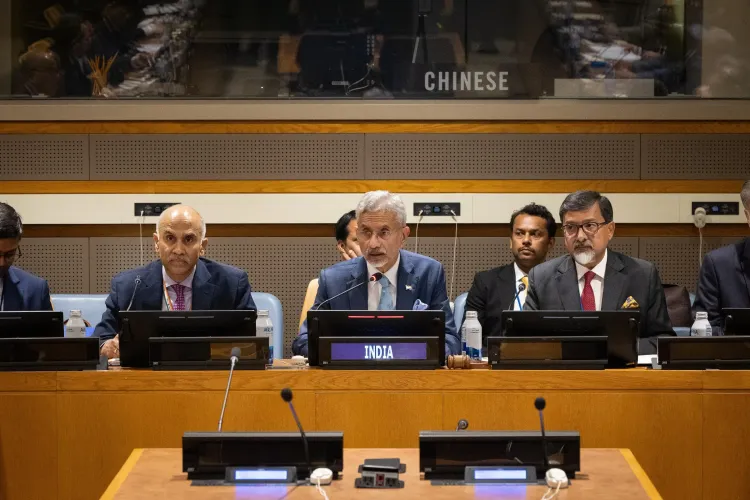
Synopsis
Key Takeaways
- BRICS must unite to defend the global trading system.
- Protectionism and tariff volatility are key concerns.
- Jaishankar emphasizes the role of BRICS in promoting peace and reform.
- The New Development Bank will issue rupee-denominated bonds.
- Technological innovation will guide future BRICS cooperation.
United Nations, Sep 27 (NationPress) Indian External Affairs Minister (EAM) S. Jaishankar has urged BRICS to brace itself against the challenges posed to the global trading system, which particularly affects the group and its individual members.
“As we witness a surge in protectionism, tariff fluctuations, and non-tariff barriers, BRICS must stand firm in defending the multilateral trading system,” EAM Jaishankar stated during a meeting of the group’s foreign ministers on Friday.
Former US President Donald Trump has warned BRICS nations that he would impose additional tariffs due to their affiliation with the bloc, while he has already enacted tariffs of up to 50 percent on imports from India and Brazil, and 30 percent on most goods from South Africa.
In discussing BRICS' challenges, Jaishankar refrained from naming the US directly.
Ethiopia’s State Minister of Foreign Affairs, Hadera Abera Admassu, who attended the meeting, also suggested coordinated efforts.
He expressed on X, “I called for stronger collective action to tackle global challenges.”
“BRICS holds a historic responsibility in fostering peace, reforming global institutions, and shaping a fairer, more secure world for the Global South,” he added.
EAM Jaishankar remarked on X, “In times of multilateral stress, BRICS has remained a strong advocate for reason and constructive change.”
Jaishankar also attended the IBSA foreign ministers’ meeting, comprising India, Brazil, and South Africa—three democracies representing emerging economies across three continents.
He noted on X, “IBSA made a compelling case for transformative reform of the UNSC (Security Council). We discussed the IBSA Academic Forum, maritime exercises, the Trust Fund, and intra-IBSA trade.”
At the BRICS ministers’ assembly, discussions also revolved around UN reforms.
“Beyond trade, BRICS needs to vigorously pursue comprehensive reforms of key UN bodies, particularly the Security Council,” stated Jaishankar to his fellow ministers.
“In this turbulent world, BRICS must amplify the message of peacebuilding, dialogue, diplomacy, and adherence to international law,” he concluded.
BRICS, an acronym formed from its founding members—Brazil, Russia, India, China, and South Africa—unites ten emerging economies to collaborate on economic and social development issues.
As India prepares to succeed Brazil as BRICS chair next year, Jaishankar emphasized that the nation will concentrate on food and energy security, climate change, and sustainable development through digital transformation, innovation, and fortified development partnerships.
Technology and innovation will define the forthcoming phase of BRICS collaboration,” he asserted.
Trump’s concerns have been stoked by speculation that BRICS might develop its own trade currency to challenge the US dollar.
“BRICS was established to undermine us; it was created to diminish our dollar and replace it as the global standard,” Trump claimed.
However, the notion of a BRICS currency has been dismissed by India, a fact acknowledged by Sergio Gor, a close aide to the former President, during a Senate panel hearing regarding his nomination as Washington’s Ambassador to New Delhi.
One of BRICS' initiatives is the New Development Bank, which provides concessional loans to nations in the Global South.
A recent Reuters report indicated that the NDB intends to “issue its first Indian rupee-denominated bond in the domestic market before the end of March 2026.”


